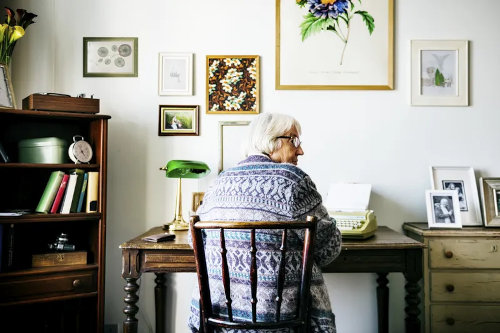Whether you are looking for a nursing home for your loved one or are undertaking long-term care planning, choosing a nursing home can be a difficult task. New nursing facilities emerge every month nowadays. This expands the number of options available, but it also raises the risks for residents.

Statistics and Data
The elderly population in the United States will expand significantly between 2012 and 2050. The total number of individuals over the age of 65 is expected to reach 83.7 million by 2050. Nursing homes are catering to the rising need for out-of-home care. While many facilities provide excellent care to their patients, some fall short. Worse, some of them ignore or even mistreat their residents.
In 2019, there were over 15,000 nursing facilities in the United States, with over two-thirds of them being for profit. Over 1.6 million people were employed in Nursing care facilities in 2019. According to the National Ombudsman Reporting System (NORS), 7.6 percent of complaints submitted in 2014 involved claims of abuse or neglect.
Unfortunately, according to the National Center on Elder Abuse, this crime is significantly underreported. Victims are frequently too afraid to disclose the abuse or have chronic ailments that prevent them from doing so (e.g., dementia).
Families must notice signs of abuse and seek justice against perpetrators. When family members notice signs of abuse, they must register a complaint and provide proof that their claims are real. For loved ones, this load can be unbearable. However, the procedure can be simplified with the support of a nursing home negligence legal team like the personal injury lawyers at Rosenberg & Gluck, L.L.P, which has a dynamic team nursing home a buse advocates in New York.
7 Ways to Prove Your Nursing Home Neglect Allegations
Whether a one-time occurrence or a pattern of abuse, you can back up your claims by doing the following:
1. Observing and Recording Abuse Signs
Some signs that your loved one has been abused or neglected are:
- Unexpected mood swings
- Dehydration or starvation
- bruising, lacerations, cuts, or fractured bones
- Frequent injuries that go unnoticed by the staff
- Use of Restraints
- Withdrawing from activities they previously enjoyed
- Being uneasy in the presence of caregivers
2. Obtain Medical and Nursing Home Records
You can obtain your loved one’s nursing home records if the facility participates in Medicare or Medicaid programs. Examine that data for irregularities, such as unnecessary treatments, prescription use, or a lack of explanation for injuries.
Medical records may reveal evidence of abuse or neglect, such as treatments for injuries, hospitalizations for dehydration and starvation, medical treatments for bed sores, and other health consequences linked with poor care.
3. Photographs
Photographs are effective forms of proof. These can include images of the resident’s living situation, such as unclean bedding or dangerous conditions. Images of injuries or the situation in which you discovered your loved one might also be used to back up your claims.
4. Complaints to the Ombudsman
Local ombudsman programs will keep a full record of any complaints lodged against the nursing home and the resolution of those complaints. Frequent complaints of abuse or neglect might help establish a pattern of poor treatment at that facility.
5. Witness Statements
Other residents, family members visiting residents, or facility workers could be witnesses.
6. Inspections and licenses
Previous state inspections, including citations, may help indicate that the facility has a history of breaking state rules. Furthermore, some nursing homes may promote their services without being licensed. Obtaining these records may necessitate the services of a lawyer.
7. Hiring an Attorney
Many red tapes are involved in proving negligent or abusive nursing home care. You must acquire data from the county and state governments, and you may need to file motions to compel the nursing facility to provide documents. An attorney can assist you in overcoming these obstacles and obtaining the evidence required to prove your case.
Nursing home neglect is unethical and widely unreported. If you suspect your loved one has been a victim of these acts, contact local law authorities, report the abuse, and remove your loved one from the facility.